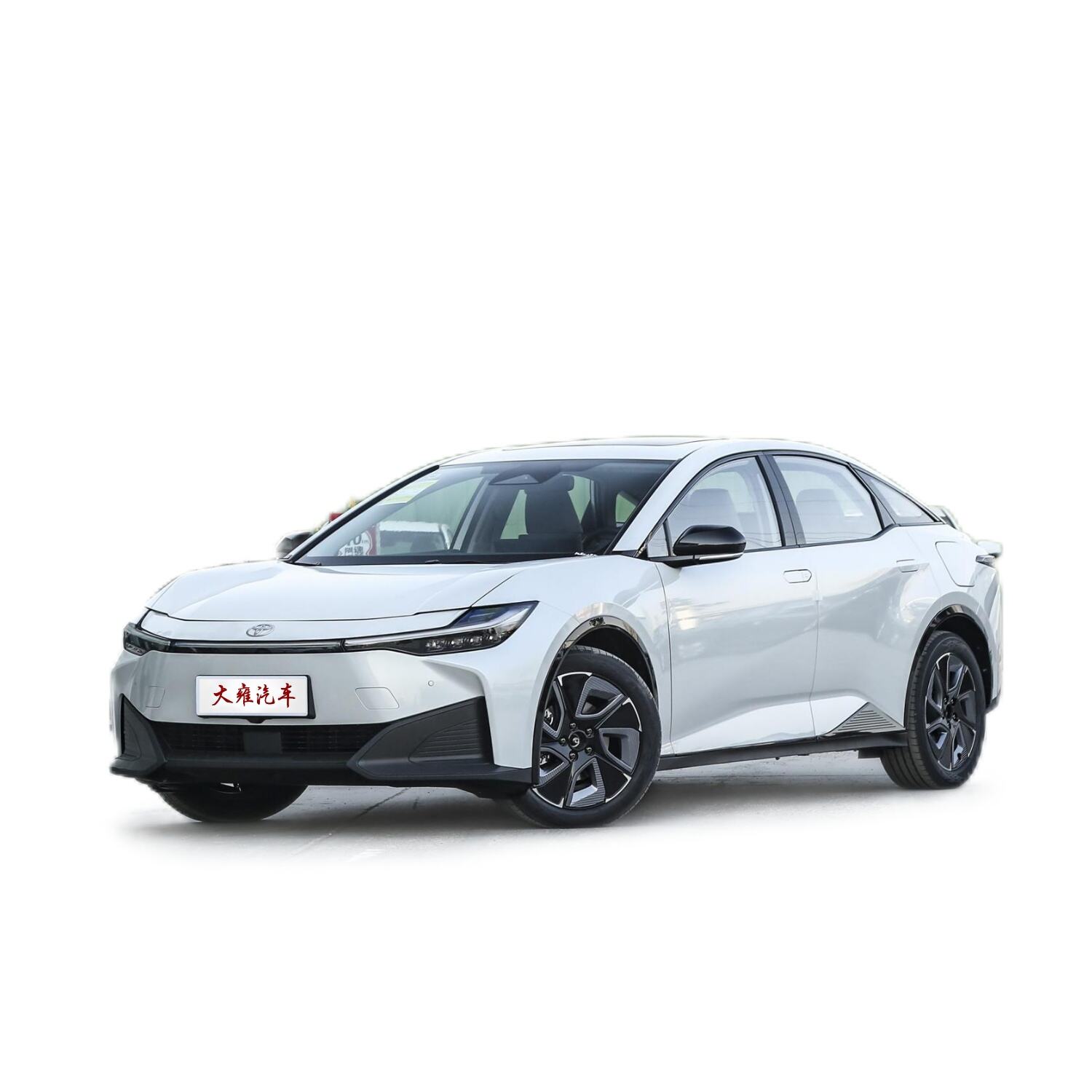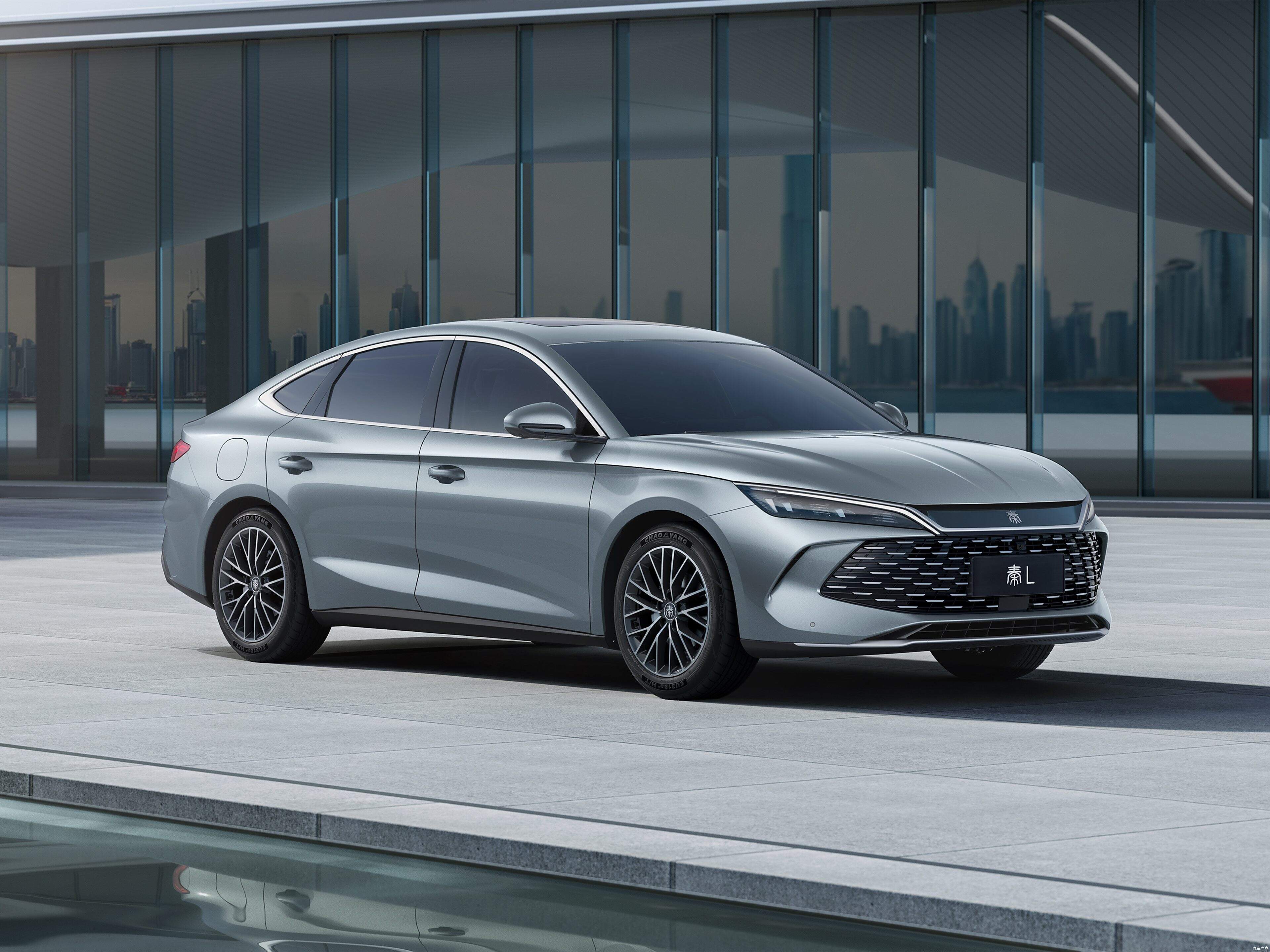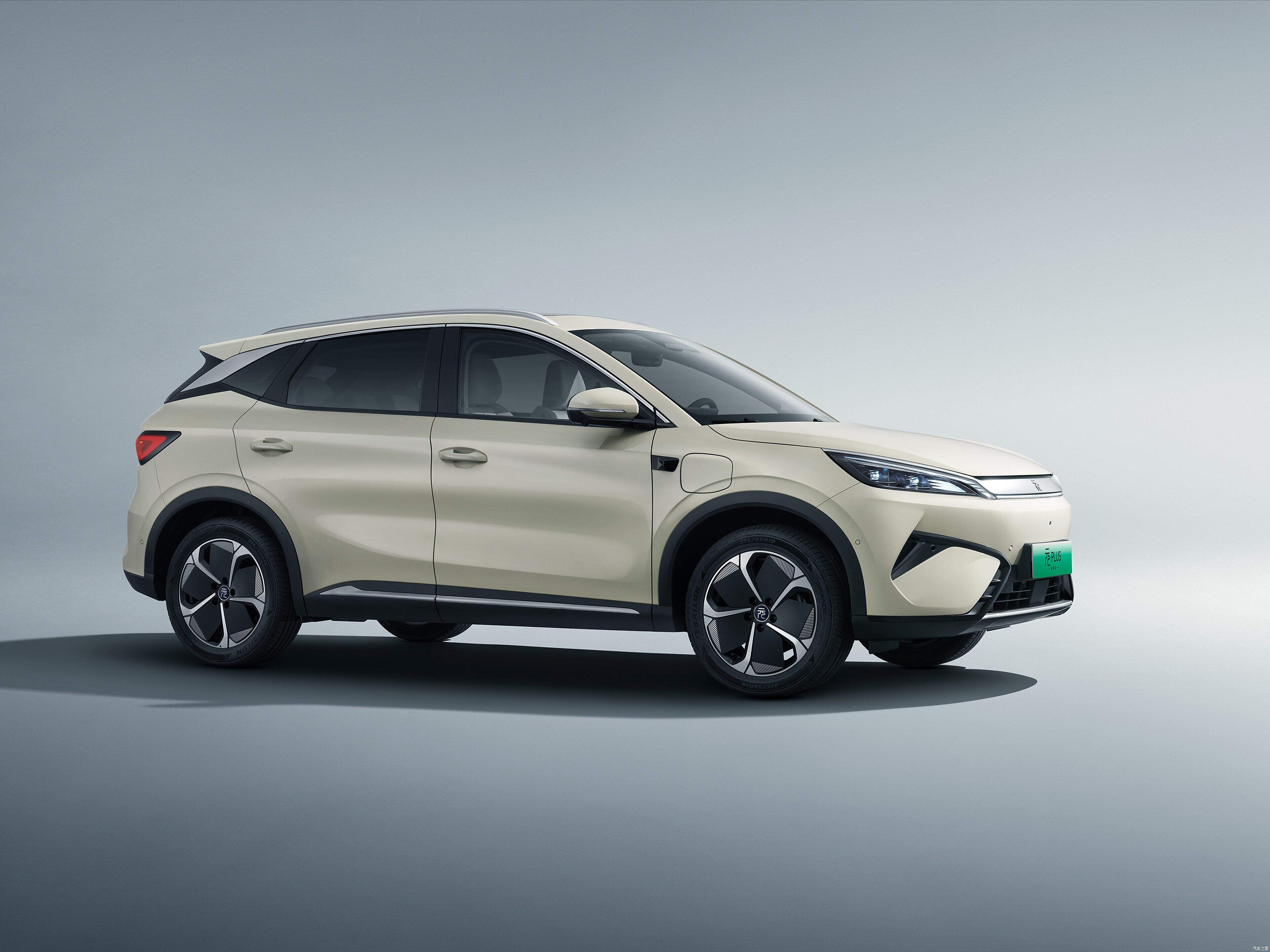
Modern electric vehicles have revolutionized transportation through innovative technologies that maximize efficiency and extend driving range. Among these advancements, regenerative braking stands as one of the most significant energy recovery system...
VIEW MORE
The automotive industry has experienced a revolutionary transformation with the emergence of new energy vehicles, representing a fundamental shift from traditional fossil fuel-powered transportation to sustainable alternatives. As consumers increasin...
VIEW MORE
The electric vehicle industry stands on the brink of a revolutionary transformation as solid-state batteries emerge as the next generation of energy storage technology. These advanced power systems promise to address the most pressing concerns of EV ...
VIEW MORE
The automotive industry has witnessed a revolutionary transformation with the introduction of hybrid technology, and Toyota's Corolla Hybrid stands as a testament to engineering excellence in fuel-efficient vehicles. This innovative system combines t...
VIEW MORE
The automotive industry continues to evolve with advanced safety technologies, and the Toyota Corolla stands at the forefront of this innovation. As one of the world's most popular compact sedans, the latest Toyota Corolla incorporates comprehensive ...
VIEW MORE
The automotive industry stands at a crossroads as consumers worldwide grapple with choosing between traditional gasoline vehicles and innovative new energy vehicles. This pivotal decision affects not only individual transportation needs but also cont...
VIEW MORE
The automotive industry is experiencing an unprecedented transformation as new energy vehicles fundamentally alter the transportation landscape. These innovative vehicles, encompassing electric, hybrid, and hydrogen fuel cell technologies, represent ...
VIEW MORE
The automotive industry is experiencing an unprecedented transformation as new energy vehicles emerge as the cornerstone of sustainable transportation. This revolutionary shift represents more than just technological advancement; it embodies a fundam...
VIEW MORE
The automotive industry continues to evolve at a rapid pace, with electric and hybrid vehicles leading the charge toward sustainable mobility. Among the newest entrants in this competitive landscape, the Aito M9 stands out as a remarkable achievement...
VIEW MORE
The automotive industry is experiencing a revolutionary transformation as new energy vehicles reshape transportation landscapes worldwide. Electric, hybrid, and fuel cell technologies are no longer experimental concepts but mainstream solutions drivi...
VIEW MORE
The modern auto industry has reached a pivotal moment where consumers face an increasingly complex decision between electric and gasoline-powered vehicles. This transformation in the auto market reflects broader changes in technology, environmental a...
VIEW MORE
Every auto owner faces the inevitable challenge of determining when routine maintenance becomes an urgent repair need. Understanding the subtle and obvious warning signs your vehicle displays can save you thousands in repair costs and prevent dangero...
VIEW MORE